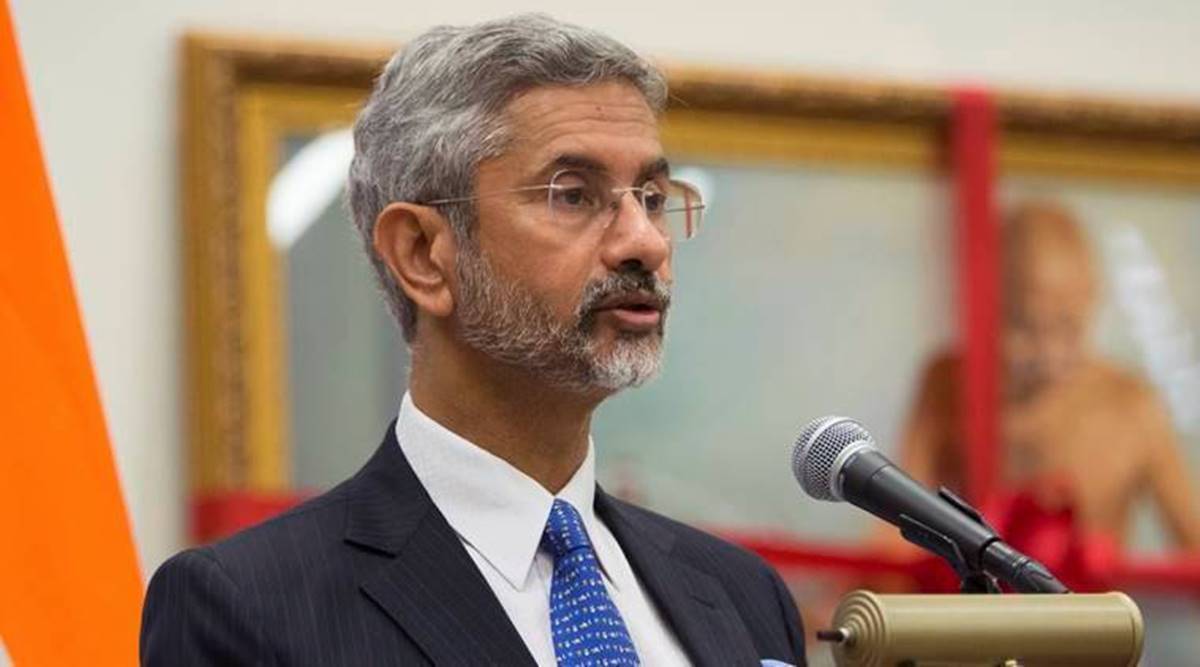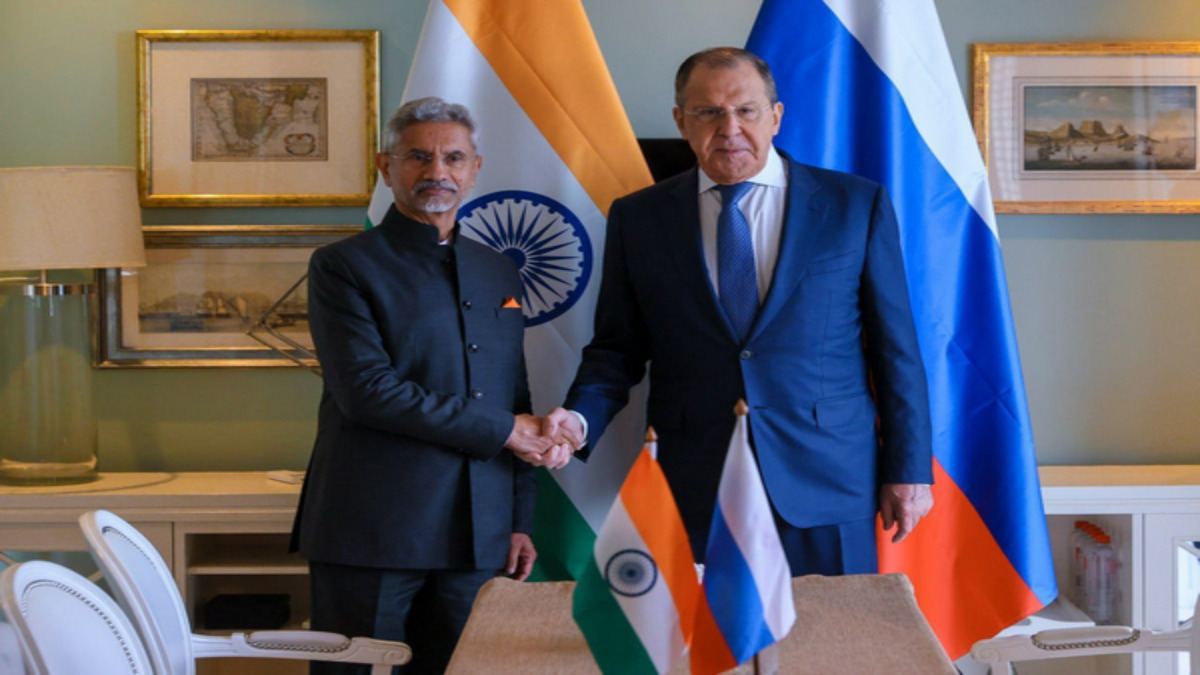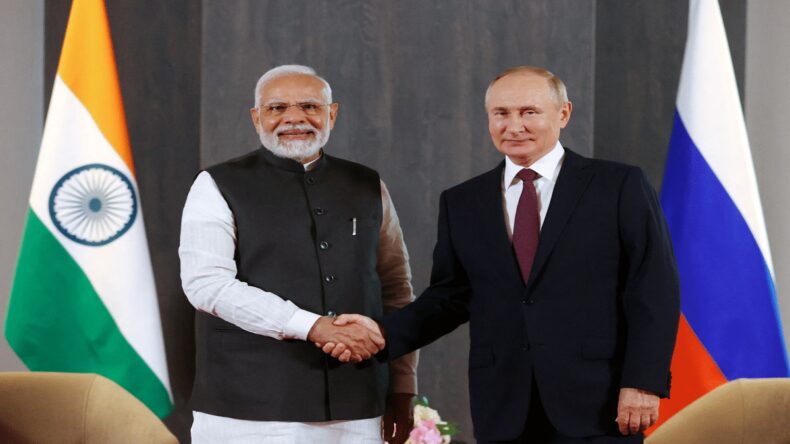Rosneft, the Russian state-owned oil company, has made a significant move by appointing its first Indian member to its board of directors. This decision marks a significant milestone for both Rosneft and the Indian energy sector, showcasing the growing influence and global reach of Indian professionals in the international oil and gas industry. With India being one of the world’s fastest-growing economies and a major consumer of energy resources, this appointment holds immense potential for bilateral cooperation between Russia and India in the energy sector. Let us delve deeper into this groundbreaking development and its potential implications.

The Appointment of an Indian Director: A Strategic Step
The appointment of an Indian professional on the board of Rosneft is a strategic step that holds immense significance. It not only represents the recognition of Indian expertise in the global energy industry but also indicates Rosneft’s commitment to strengthening its presence in the Indian market. As the world’s third-largest consumer of crude oil, India has become a vital market for oil-producing countries, including Russia. By appointing an Indian director, Rosneft can benefit from a more nuanced understanding of the Indian market dynamics, regulatory landscape, and emerging opportunities.
This move also aligns with India’s efforts to diversify its energy sources and establish stronger ties with global energy players. The Indian government has been actively pursuing strategic partnerships with oil-producing nations to secure stable energy supplies and foster technological collaborations. With an Indian director on its board, Rosneft can gain valuable insights into India’s energy requirements and tailor its strategies accordingly, fostering a deeper and mutually beneficial relationship.

Strengthening Energy Cooperation between Russia and India
The appointment of an Indian director on Rosneft’s board has the potential to strengthen energy cooperation between Russia and India. Historically, the two countries have maintained friendly relations, and the energy sector has been a key area of cooperation. India imports a significant portion of its crude oil requirements from Russia, making Rosneft an important supplier. By having an Indian director at the decision-making table, Rosneft can further enhance this cooperation and explore new avenues of collaboration.
One of the potential areas of collaboration could be technology transfer and joint research and development initiatives. India has made significant strides in renewable energy, such as solar and wind power, and possesses advanced technological capabilities. By leveraging this expertise, India and Rosneft could work together to develop cleaner and more sustainable energy solutions. Such collaborations would not only contribute to India’s energy security but also align with global efforts to combat climate change.

Implications for Indian Professionals in the Energy Industry
The appointment of an Indian director on Rosneft’s board sends a positive message to Indian professionals working in the energy industry. It highlights the global recognition of their expertise and opens up new avenues for career growth and international collaborations. This move is particularly significant as it showcases the increasing influence of Indian professionals in the global energy sector, providing inspiration and motivation for aspiring energy leaders in India.
Furthermore, this appointment could pave the way for increased participation of Indian professionals in the decision-making processes of international energy companies. It serves as a reminder that talent and skill know no boundaries and that professionals from emerging economies can make significant contributions on a global scale. As more Indian professionals gain international exposure and recognition, the energy industry as a whole stands to benefit from their diverse perspectives and innovative ideas.
The appointment of an Indian director on Rosneft’s board is a momentous development that symbolizes the growing influence of Indian professionals in the international energy sector. It presents an opportunity for deeper energy cooperation between Russia and India, with potential collaborations in technology transfer and research and development. Moreover, it signifies the increasing recognition of Indian expertise and talent in the global arena, inspiring aspiring energy professionals in India. This move not only reflects the evolving dynamics of the energy industry but also highlights the need for diverse representation and global collaboration in shaping the future of the sector.












